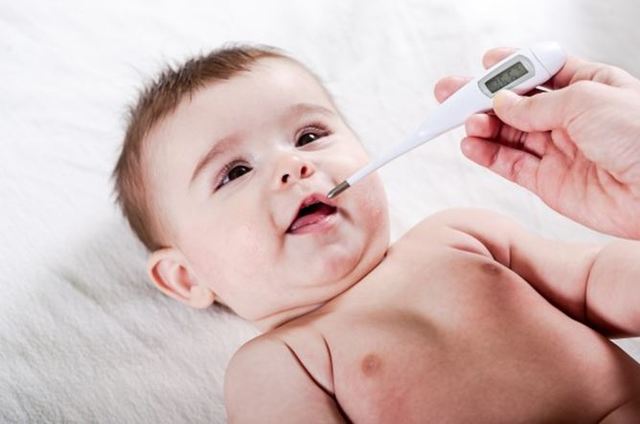Advertorial
The first dose of the MMR vaccine, or Measles, Mumps and Rubella, is given to babies at 12 months of age, and the second dose is given when children are generally four or five years old.
You may have heard the MMR mentioned quite a bit, and would like to learn a bit more about it. To help you, here is our simple guide to the vaccine:
What are measles, mumps and rubella?
They are highly infectious diseases caused by viruses and spread by close contact with an infected person. These diseases are pretty nasty:
- Measles can cause cough, fever, rashes and red, painful eyes – and in rarer cases, pneumonia, convulsions, swelling of the brain (encephalitis) and even death.
- Mumps can cause fever and swollen glands – and in rarer cases, viral meningitis and encephalitis.
- Rubella (German measles) can cause a rash, fever and swollen glands. If a pregnant woman gets rubella in early pregnancy it could cause serious birth defects in the baby.
How does the vaccine work?
The MMR is a live vaccine, which means it contains weakened forms of the viruses. This makes the immune system develop antibodies which will fight measles, mumps and rubella. However, it’s crucial your child has both doses of the vaccine to get the best protection.
Should my child get the vaccine?
The HSE stresses the importance of ensuring your child is vaccinated. However, while the MMR is safe for most people, the HSE advises your child does not get the vaccine if they have had an allergic reaction to a “previous MMR vaccine or any part of the vaccine or a severe allergic reaction to an antibiotic called neomycin”.
The HSE also stresses that your child’s vaccination may need to be delayed if:
- They’re unwell and have a fever
- They’re undergoing any treatment such as chemotherapy
- They’re on high dose steroids
- They have any illness or disease that affects their immune system
- They have had another live vaccine (e.g. the BCG vaccine) within the previous four weeks
- They’re being treated with Protopic ointment for severe eczema
If your child is undergoing any of the above, contact your doctor before they get vaccinated.
How will my child feel after the vaccination?
As with all immunisations, it’s possible your child may have swelling or discomfort around the area where they’ve been injected. The MMR is given with Meningitis B (MenB) vaccine, so the HSE advises that your child may also develop a fever, which can be managed by giving a liquid infant paracetamol such as Calpol.
These side effects should go away on their own within 24-48 hours, but if you have any worries or concerns, it’s advised to contact your GP for advice.
For more information on the MMR vaccine, visit the HSE website.








